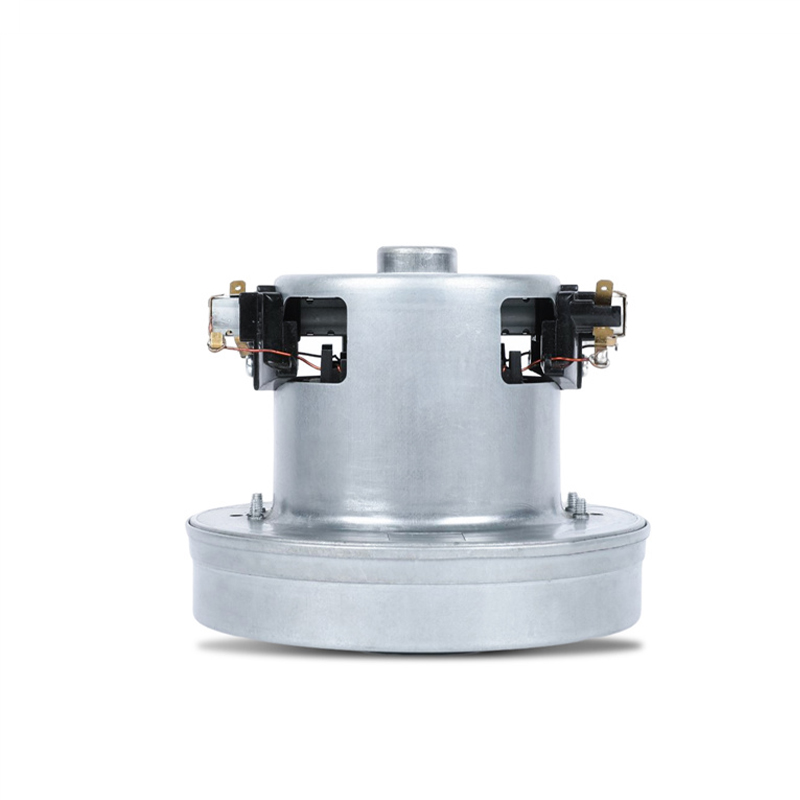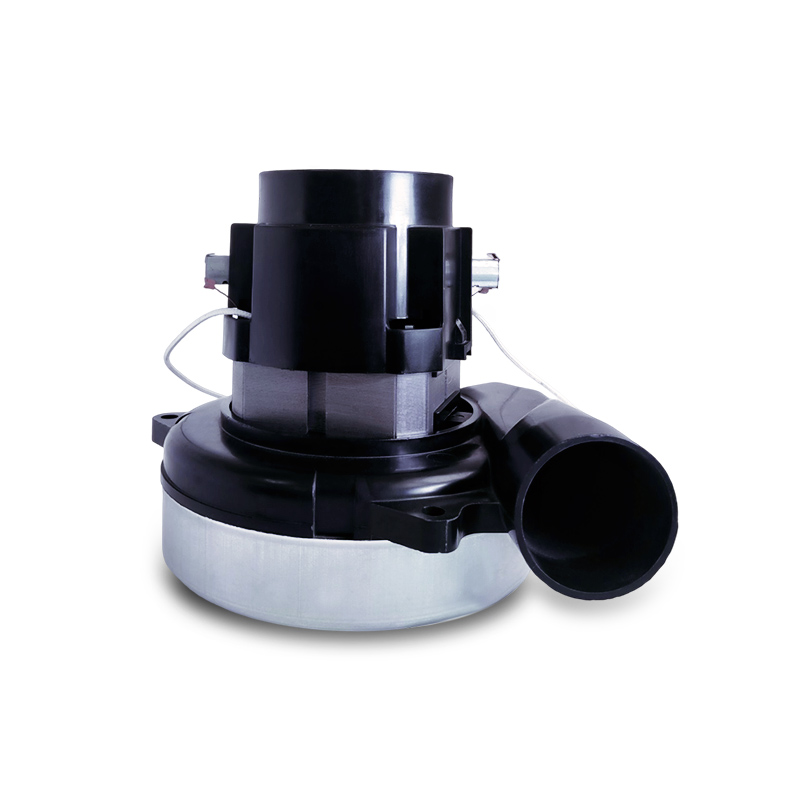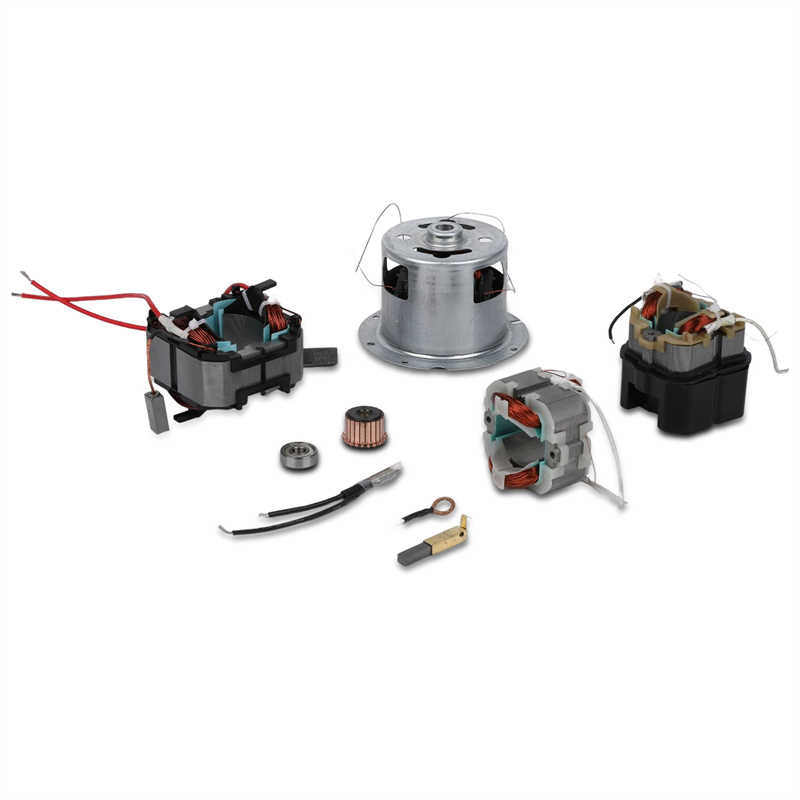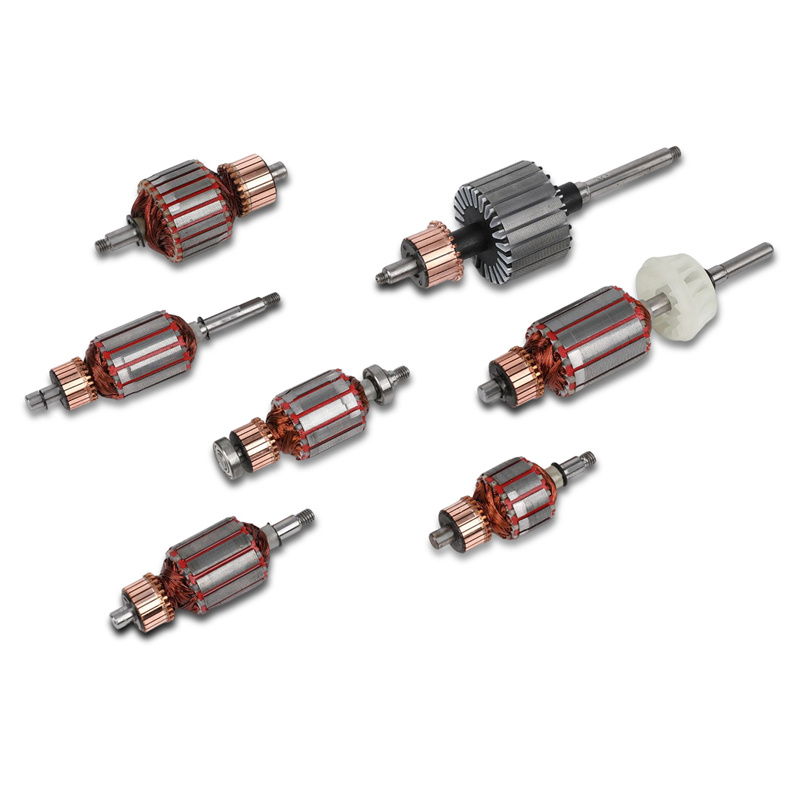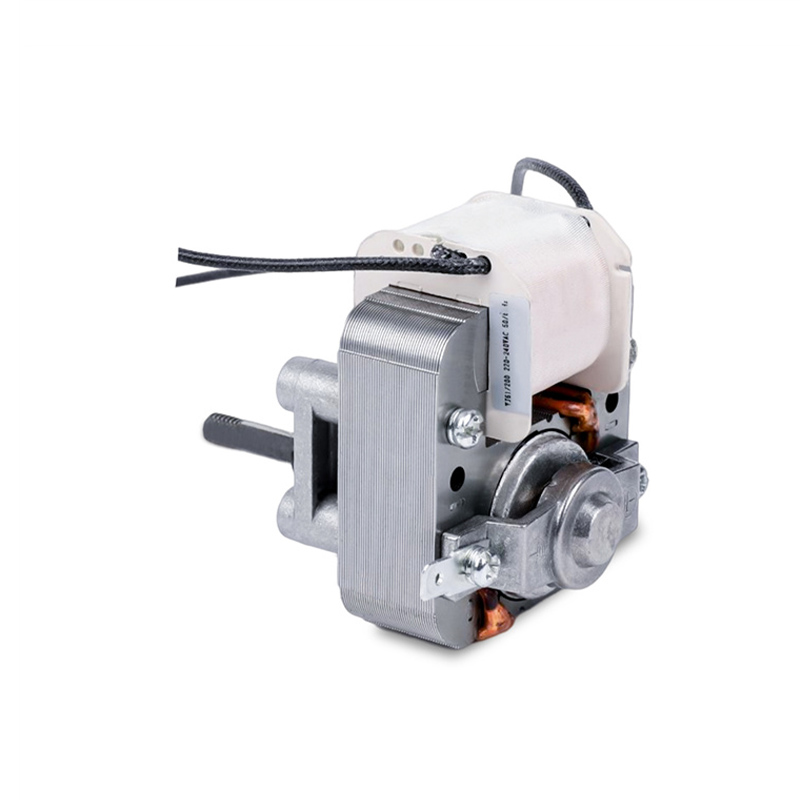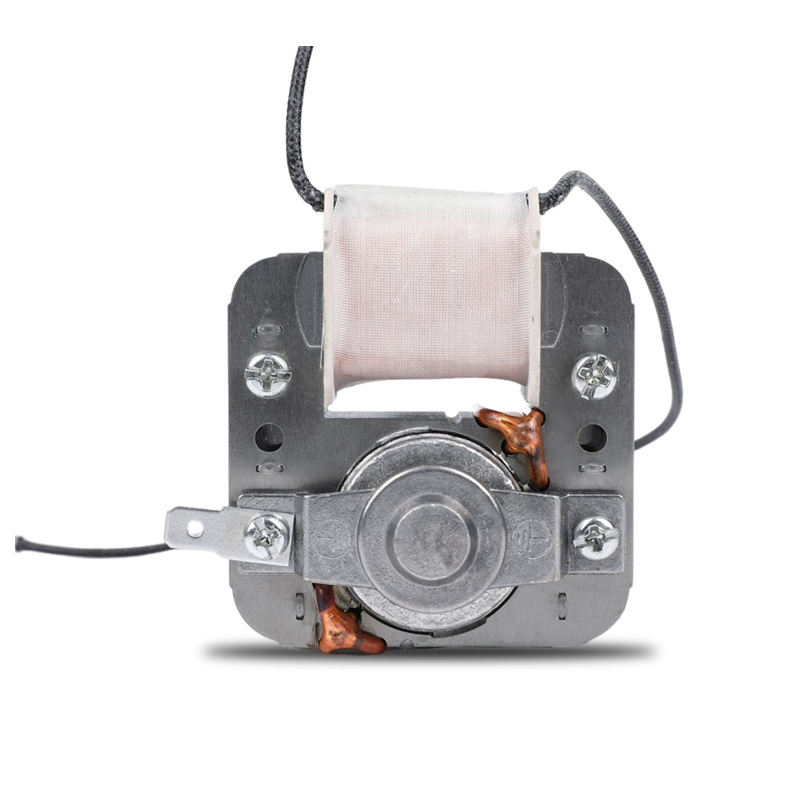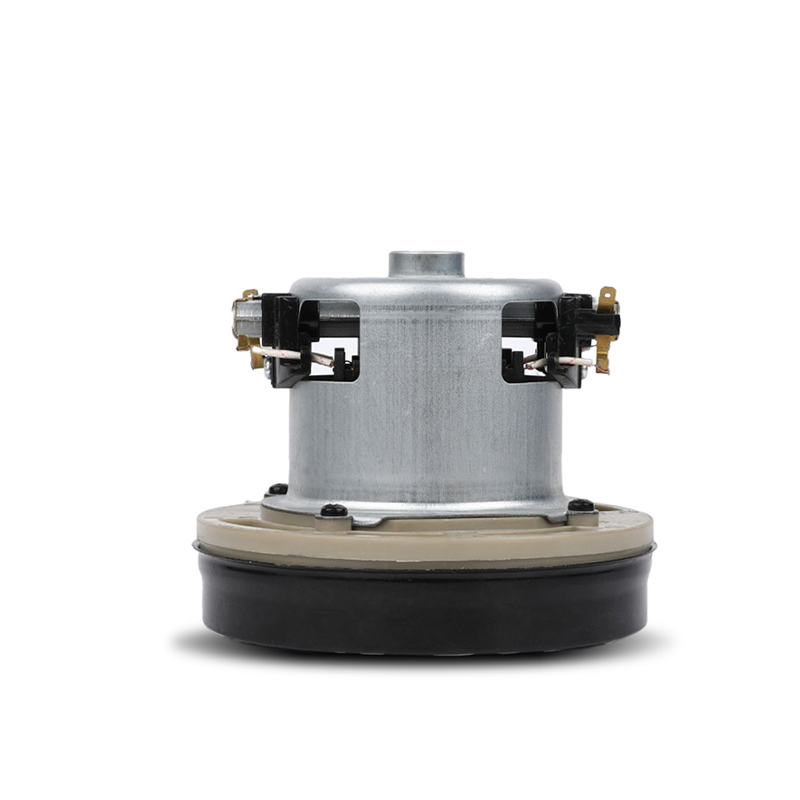The concepts of motor efficiency and energy consumption in electric vacuum cleaner motors
Motor Efficiency and Its Significance:
Motor efficiency is a critical aspect of electric vacuum cleaner motors that directly impacts their performance, longevity, and environmental impact. It refers to how effectively the motor converts electrical energy into mechanical energy to generate suction power. A highly efficient motor maximizes suction while minimizing energy waste and heat production.
Factors Affecting Motor Efficiency:
Several factors contribute to the efficiency of electric vacuum cleaner motors:
Motor Design: The motor's design plays a crucial role in its efficiency. Efficient motor designs minimize energy loss due to factors such as resistance and friction within the motor's components.
Winding Techniques: The way coils are wound in the motor's stator and rotor can significantly affect efficiency. Careful winding techniques can reduce electrical resistance, optimizing the motor's performance.
Materials Used: The quality of materials used in motor construction, including the stator, rotor, and magnet components, can impact efficiency. High-quality materials can reduce energy losses and improve overall motor performance.
Rare-Earth Magnets: The use of rare-earth magnets, such as neodymium magnets, in motor construction enhances motor efficiency. These magnets have strong magnetic fields, allowing for better conversion of electrical energy into mechanical motion.
Control Systems: Advanced control systems, such as pulse-width modulation (PWM), can optimize motor efficiency by adjusting the voltage supplied to the motor based on the specific cleaning task's requirements. This ensures that the motor operates at the necessary power level without unnecessary energy consumption.
Energy Consumption and Its Impact:
Electric vacuum cleaners are common household appliances, and their energy consumption has environmental and economic implications. High energy consumption can lead to increased electricity bills and a higher carbon footprint. Therefore, energy-efficient vacuum cleaner motors are crucial for reducing operating costs and minimizing environmental impact.
Benefits of Energy Efficiency:
Reduced Operating Costs: Energy-efficient motors consume less electricity during operation, leading to lower energy bills over time. This can result in substantial cost savings, especially for households that use their vacuum cleaners frequently.
Extended Motor Life: Energy-efficient motors generate less heat during operation. Excessive heat can lead to wear and tear on motor components, potentially shortening the motor's lifespan. By running cooler, energy-efficient motors tend to have longer operational lifetimes.
Quieter Operation: Motors that operate more efficiently tend to produce less noise. Quieter vacuum cleaners provide a more pleasant cleaning experience and reduce noise pollution in the home.
Reduced Environmental Impact: Energy-efficient motors reduce the overall demand for electricity, which helps lower greenhouse gas emissions associated with electricity generation. This contributes to a more sustainable and environmentally friendly cleaning solution.
Type YH-(D-2),voltage100-240V, Rated input power 350-800W, rated frequency 50/60Hz, max vacuum degree 20.4Kpa, max air flow 2.69 M3/min, temperature rise 70K, noise less than 93dB, Spark less than 1, class of insulation e, max efficiency 35%.
106mm diameter,universal for many kinds of vacuum motors,bigger air volume.
This product can also be made into low voltage.


 English
English Deutsch
Deutsch Español
Español 中文简体
中文简体